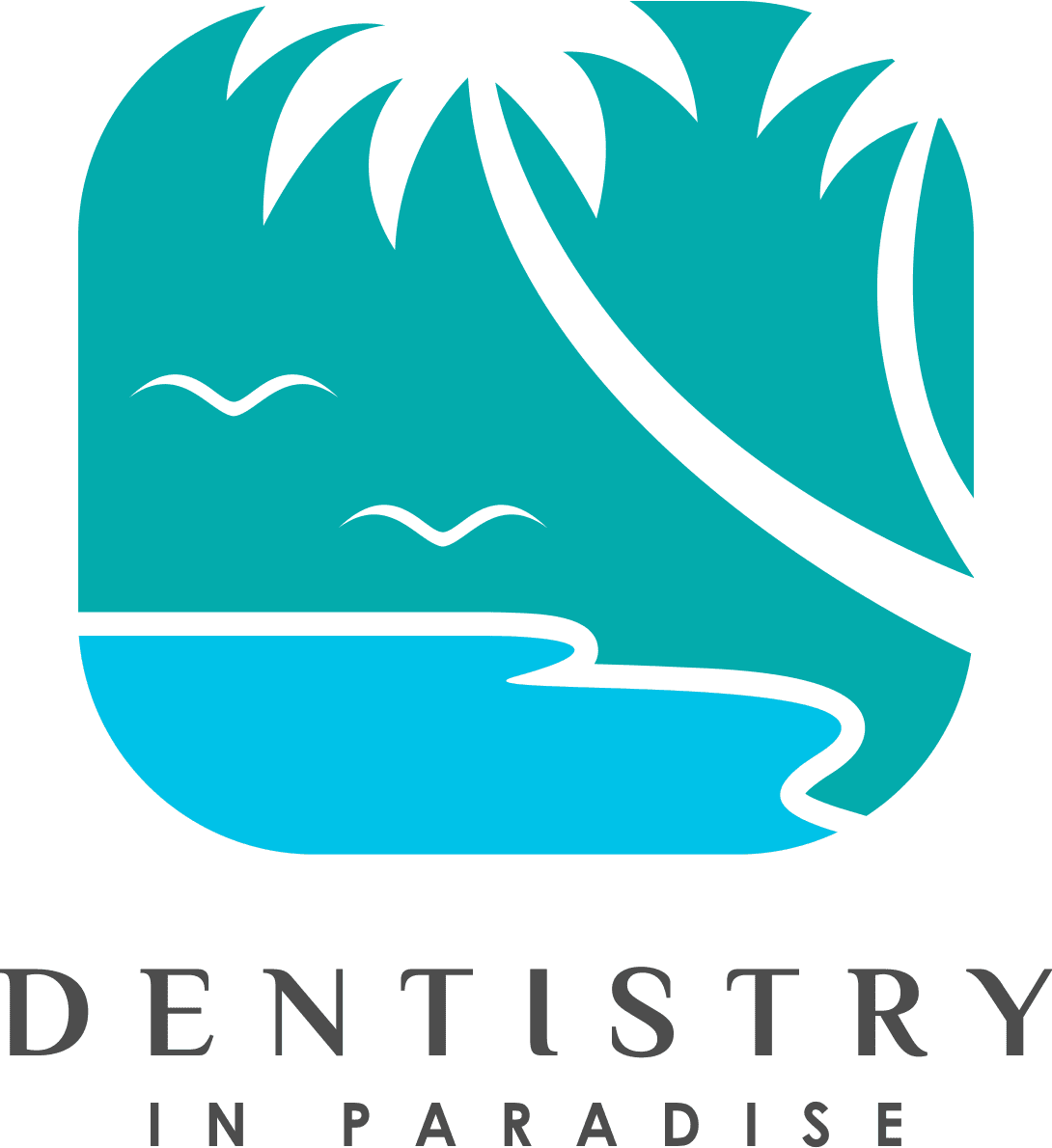
One dental question we often get asked, “Is carbonated waters bad for my teeth”. Today, we’re diving into that topic. While it’s a refreshing alternative to sugary sodas and sports drinks, many patients wonder about its effects on dental health. Let’s explore the risks and benefits of carbonated water for your teeth.
Understanding Carbonated Water
Carbonated water, also known as sparkling water or soda water, is water infused with carbon dioxide gas under pressure. This creates bubbles and gives it a fizzy texture. It comes in various forms, including plain sparkling water and flavored varieties.
Benefits of Carbonated Water
- Hydration: Staying hydrated is crucial for overall health, including dental health. Carbonated water provides hydration without added sugars or calories, making it an excellent choice for those looking to quench their thirst without adding sugar to their diet.
- Lower Acidic Content: Unlike sugary sodas, carbonated water is generally low in acidity. This means it’s less likely to erode tooth enamel, the protective outer layer of your teeth. Choosing plain carbonated water over acidic beverages can help preserve your enamel and reduce the risk of cavities.
- Fresh Breath: The carbonation in sparkling water can help freshen your breath by increasing saliva production. Saliva plays a crucial role in neutralizing acids and washing away food particles, helping to maintain oral hygiene and prevent bad breath.
Risks of Carbonated Water
- Erosion: While carbonated water is less acidic than soda, it can still contribute to enamel erosion over time, especially if consumed frequently or in large amounts. The carbonation process produces carbonic acid, which while still not as acidic as soda, can still weaken tooth enamel with prolonged exposure.
- Flavored Varieties: Flavored carbonated water often contains citric acid and other additives to enhance taste. These additives can increase the acidity of the beverage, potentially accelerating enamel erosion and increasing the risk of cavities.
- Dental Sensitivity: Individuals with sensitive teeth may experience discomfort when consuming carbonated water, particularly if they already have enamel erosion or exposed tooth roots. In such cases, it’s advisable to limit consumption or choose still water instead.
pH Levels of Popular Carbonated Water Brands:
- While less acidic than soft drinks, carbonated water is still significantly more acidic than still water.
- A drink pH under 5.5 has the potential to decalcify enamel and start the process of tooth decay
- For reference, the pH of most soda drinks are 2.5-3.5
- Perrier: pH around 5.5
- LaCroix: pH around 3.0 – 4.0
- San Pellegrino: pH around 5.6 – 5.9
- Topo Chico: pH around 4.0
Maintaining Dental Health
To enjoy carbonated water while minimizing its impact on your dental health, consider the following tips:
- Moderation: Consume carbonated water in moderation and avoid excessive or prolonged exposure.
- Use a Straw: Drinking carbonated water through a straw can help reduce direct contact with your teeth, minimizing the risk of enamel erosion.
- Rinse with Water: After consuming carbonated beverages, rinse your mouth with water to help neutralize acids and wash away residue.
- Regular Dental Checkups: Schedule regular dental checkups with Kevin Miller, DDS in Goleta and Santa Barbara to monitor your oral health and address any concerns promptly.
Carbonated water can be a refreshing and hydrating beverage choice with minimal impact on dental health when consumed in moderation. However, it’s essential to be mindful of its acidic nature and take steps to protect your enamel. By following these tips and maintaining regular dental care with Kevin Miller, DDS, you can enjoy your favorite sparkling water while keeping your smile bright and healthy.
Stay tuned for more informative posts from Kevin Miller, DDS in Goleta and Santa Barbara, your trusted dental care provider!
